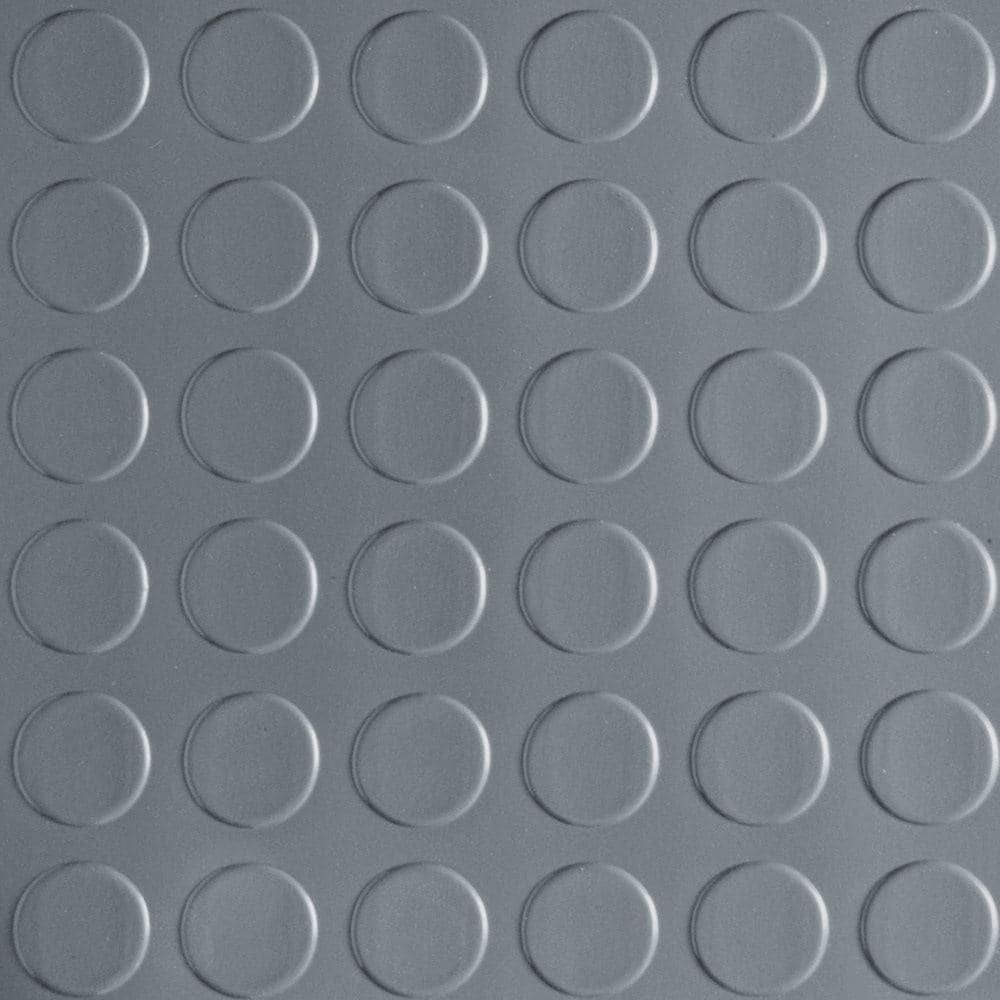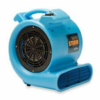Thanks for all the help, guys. This morning, everything’s dry. Of course, it’s all due to a cold front moving through last night. It’s now 47, with a dew point of 30, so everything’s nice and dry.
Thanks
@Sheriff41 for the heads up on the garage journal forum. It pointed me toward a couple of other sites with some good suggestions.
I‘m not sure about floor tiles. I’m thinking it would make it hard to clean spills and hard to sweep the textured surface.
It looks like a dehumidifier will be my next purchase. I looked at ones that are recommended on the garagejournal forum, and they’re not that expensive.
I usually run a 18” pedestal fan, whenever the humidity if high, and this helps quite a bit. After some research, I found that by circulating the air, the air doesn’t stay in contact with the floor, long enough to condense the moisture. I’m going to add another fan, since the one I have can’t circulate air around 3 bikes and a lift table. I might try a couple of oscillating desk fans at floor level.
I‘be never had any condensation on the bikes or other equipment in the garage. I guess it’s because the bikes temperature changes quickly, with the ambient air temps.
Thanks again,
John



